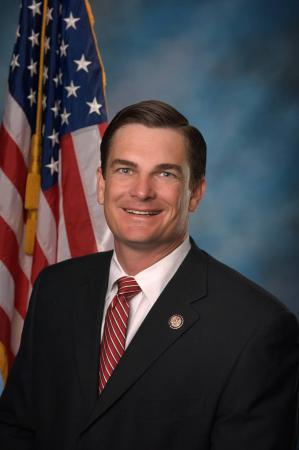A total of 75 congressmen recently issued a bipartisan letter to House and Senate appropriations leaders asking that the Adverse Effect Wage Rate (AEWR) be frozen in an upcoming spending package.
AEWR has more than doubled since 2005, with the nation’s average AEWR reaching $17.55 per hr in 2024. A temporary wage freeze would alleviate the increaased financial burden and provide farmers a chance to compete, stay in business, and put food on the table for millions of Americans and the world.
What Was Said?
Members of Congress wrote, “USDA data shows that hired farm labor costs account for nearly 15 percent of total cash expenses. More labor-intensive industries will be hardest hit, including specialty crop growers, who already spend nearly 40 percent of their total cash expenses on labor alone. If we do nothing, many of our constituents will be forced to shutter their businesses, despite good-faith efforts to ensure our national food security and feed families across our nation.”
Agricultural leaders across America voiced support for the inclusion of a proposed H-2A wage freeze and detailed the negative impact an increase would have on producers.
Vocal Support

“Members of Congress have a unique and timely opportunity to help America’s farmers and their employees keep producing safe and nutritious food. We are in the midst of a worsening labor crisis on the family farm. In the absence of true reforms to modernize an outdated system, congressional leaders should deliver this short-term relief immediately. Farmers appreciate the lawmakers who are addressing the needs of their agricultural constituents.” – Zippy Duvall, President of the American Farm Bureau Federation
“The fresh produce supply chain cannot survive, let alone thrive, under the constant barrage of regulatory burdens and cost increases imposed on our industry,” said Cathy Burns, CEO of the International Fresh Produce Association. “This bipartisan effort led by Rep. (Bill) Huizenga to provide much needed meaningful relief as Congress seeks broader reforms is exactly what our industry needs right now. Absent a comprehensive solution to agricultural workforce challenges, Congress must act immediately to provide wage relief to producers before we lose more farms in America.”
Other Leaders Represented

Joining Huizenga on the letter include multiple representatives from the Southeast: Rick Allen (GA); Maria Salazar (FL); Austin Scott (GA); Andrew Clyde (GA); Byron Donalds (FL); Jerry Carl (AL); Kat Cammack (FL); Barry Moore (AL); Dale W. Strong (AL); Gary Palmer (AL); Barry Loudermilk (GA) and Mike D. Rodgers (AL).
The text of the letter to the House and Senate Appropriations is available below and a signed copy is available here.
Letter Text
Dear Chairwomen and Ranking Members,
We write with shared concerns regarding the annual adjustment to the Adverse Effect Wage Rate (AEWR). Now in 2024, the H-2A labor rates paid by agricultural employers have become more unaffordable. The new rates put further financial strain on farm operations of all sizes, and we urge you to include an H-2A wage freeze in upcoming funding legislation.
The national average AEWR has already more than doubled over the past two decades, making agricultural guest labor unaffordable for farm employers and resulting in higher consumer costs. According to the American Farm Bureau Federation, the national average AEWR will be around $17.55, which is upwards of a mean 5 percent increase over 2023. While the AEWR varies by region, nearly half of all states are projected to have an AEWR between $17 and $19 per hour in 2024. Meanwhile, producers in Canada pay closer to $11 per hour for fieldworkers, or even approximately $1.50 per hour in Mexico. This uneven playing field greatly disadvantages our domestic producers.
For farmers and ranchers who use H-2A, the skyrocketing AEWR will only compound inflated input costs like energy and fertilizer, other guest worker expenses like transportation and housing, and burdens from several impending federal regulations and fees. USDA data shows that hired farm labor costs account for nearly 15 percent of total cash expenses. More labor-intensive industries will be hardest-hit, including specialty crop growers, who already spend nearly 40 percent of their total cash expenses on labor alone. If we do nothing, many of our constituents will be forced shutter their businesses, despite good-faith efforts to ensure our national food security and feed families across our nation.
While more permanent solutions are needed to address the AEWR’s past impact and its future trajectory, we request that an upcoming government funding vehicle prohibit funds from being used to implement a wage increase or otherwise freeze the H-2A wage rates at January 2023 levels. Thank you for your attention to this important matter.










